Email marketing is a powerful tool for small businesses to connect with their audience and drive sales. However, creating effective campaigns can be challenging with limited resources. That’s where AI comes in!
AI-powered email marketing tools help small businesses:
- Create personalized content at scale, saving time and effort
- Segment email lists effectively, ensuring the right message reaches the right audience
- Optimize content, predict trends, and make data-driven decisions
One of the biggest challenges small businesses face is creating tailored content for each subscriber. AI solves this by automating personalization, allowing businesses to send highly relevant emails without extensive manual work.
Another struggle is segmenting email lists to ensure the right message reaches the right audience at the right time. AI streamlines this process by identifying valuable customer segments based on complex data sets.
By embracing AI, small businesses can overcome common email marketing hurdles and unlock a world of possibilities. In this article, we’ll explore the transformative power of AI in email marketing and provide practical strategies for small businesses to elevate their campaigns.
Understanding AI-Powered Email Marketing
AI-powered email marketing is a new and exciting way to make your email campaigns better. It uses artificial intelligence technologies like machine learning, natural language processing, and predictive analytics to improve different parts of your email marketing.
Some of the key features and capabilities that AI brings to email marketing include:
- Personalization at scale: AI can analyze vast amounts of customer data, like age, gender, purchase history, and browsing behavior, to create personalized email content that matches each person’s interests and preferences.
- Automated segmentation and targeting: AI can help you segment your subscribers into groups based on specific characteristics, making sure that your targeted campaigns reach the right people.
- Intelligent content optimization: AI-powered tools can test and improve different parts of your email campaigns, such as subject lines, copy, and call-to-action (CTA) buttons. This helps you find the best combinations that increase engagement and conversion rates.
- Predictive analytics and insights: By using machine learning models and analyzing data in real-time, AI can give you valuable insights into customer behavior and help predict future trends. This information can help you make better decisions and improve your marketing strategies.
The AI Revolution: How artificial intelligence transforms email marketing for small businesses
Getting started with AI-Powered Email Marketing: A guide for small businesses
Recognizing the transformative potential of AI-powered email marketing is the first step, but successfully implementing these advanced solutions requires a strategic approach tailored to the unique needs and resources of small businesses.
Choosing the right AI-powered email marketing platform for your needs
With the increasing adoption of AI in email marketing, many platforms and solutions have emerged, each offering different features and capabilities. As a small business, it’s important to choose a platform that matches your specific requirements, budget, and level of technical expertise.
Consider factors like budget, features, ease of use, and scalability:
- Budget: Look at the pricing plans and subscription models offered by different platforms to find one that fits within your small business’s marketing budget.
- Features: Evaluate the AI-powered features offered, such as personalization, segmentation, optimization, and analytics, and prioritize the ones most relevant to your marketing goals.
- Ease of use: Choose platforms with intuitive interfaces and user-friendly tools that are easy to learn, especially if you have limited technical expertise.
- Scalability: Pick a platform that can grow with your business, offering scalable solutions as your email marketing needs evolve.
Popular AI-powered email marketing platforms for small businesses:
Integrating AI into your existing email marketing strategy
For small businesses that are already using email marketing, adding AI capabilities doesn’t mean starting over from scratch. A gradual and strategic approach can help smoothly incorporate AI-powered features into your existing efforts.
Many email marketing platforms offer AI-powered subject line optimization as a starting point. This lets you test different subject line variations and find the ones with the highest open rates. This low-risk entry into AI can provide valuable insights and show the potential benefits of further AI integration.
Once you’re comfortable with basic AI features, consider expanding to more advanced capabilities. These can include automated segmentation based on customer data or dynamic content personalization. This phased approach allows for a smooth transition and helps your team adapt to the new AI-driven workflows and processes.
Tracking and analyzing results to measure success
Implementing AI-powered email marketing is not a one-time effort. It requires continuous monitoring, analysis, and optimization to ensure maximum effectiveness and return on investment (ROI).
Monitor key performance indicators (KPIs) like open rates, click-through rates (CTRs), and conversion rates:
- Establish benchmarks for your current email marketing performance.
- Track how the introduction of AI-powered features impacts these KPIs.
- Regularly review and compare KPI data to identify areas for further optimization or adjustments.
Many AI-powered email marketing platforms offer advanced analytics dashboards. These provide in-depth insights into campaign performance, subscriber behavior, and engagement patterns. Use these data-driven insights to refine your AI-powered strategies, identify opportunities for improvement, and make informed decisions for future campaigns.
Conclusion
AI-powered email marketing gives small businesses a strong tool to automate tasks, personalize content, and make email campaigns better. By using the power of AI technology, small businesses can overcome common challenges in email marketing, like not having enough time, resources, or expertise.
It’s important for small businesses to stay up-to-date with AI advancements in email marketing so they can stay competitive and get the best results from their marketing efforts. This is a call-to-action for small businesses to unlock the power of AI and take their email marketing to the next level.
FAQs
As with any new technology, implementing AI-powered email marketing solutions can raise numerous questions and concerns. Here are some frequently asked questions (FAQs) to address common queries and provide valuable insights.
Q1. What data do I need to power AI-driven email personalization?
AI-driven personalization relies on customer data to generate tailored content and recommendations. The more data you can provide, the better the personalization capabilities. Common data points include:
- Demographic information (age, gender, location)
- Purchase history and browsing behavior
- Engagement metrics (email opens, clicks, website interactions)
- Preference data (interests, product categories, communication preferences)
Q2. How much technical expertise is required to use AI email marketing tools?
Many AI-powered email marketing platforms are designed to be user-friendly and accessible to businesses with limited technical expertise. However, the level of required technical knowledge can vary depending on the platform and the specific AI features you plan to utilize.
Some platforms offer intuitive drag-and-drop interfaces and pre-built AI models, minimizing the need for extensive technical skills. Others may require more advanced knowledge of data integration, API connections, and custom model training.
Q3. How do I ensure compliance with data privacy regulations when using AI?
Ensuring compliance with data privacy regulations, such as the General Data Protection Regulation (GDPR) and the California Consumer Privacy Act (CCPA), is crucial when implementing AI-powered email marketing solutions.
Key considerations include:
- Obtaining explicit consent for data collection and usage
- Providing transparency about data processing activities
- Implementing appropriate security measures to protect customer data
- Respecting individuals’ rights to access, rectify, or delete their personal data
It’s essential to consult with legal experts and review the privacy policies and compliance measures of any AI-powered email marketing platform you choose.
Q4. Can AI-powered email marketing help small businesses with limited marketing budgets?
Yes, AI-powered email marketing can help small businesses with limited marketing budgets by automating tasks, personalizing content, and optimizing campaigns, leading to improved engagement and conversion rates.
Q5. What are some alternative solutions for small businesses that may not have the resources for AI-powered email marketing?
Some alternative solutions for small businesses that may not have the resources for AI-powered email marketing include using email marketing templates, using email marketing automation tools, and using email marketing services that offer personalization and automation features.
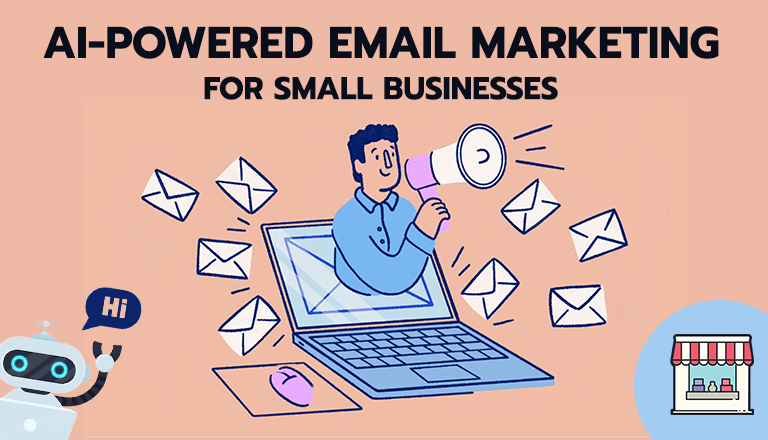
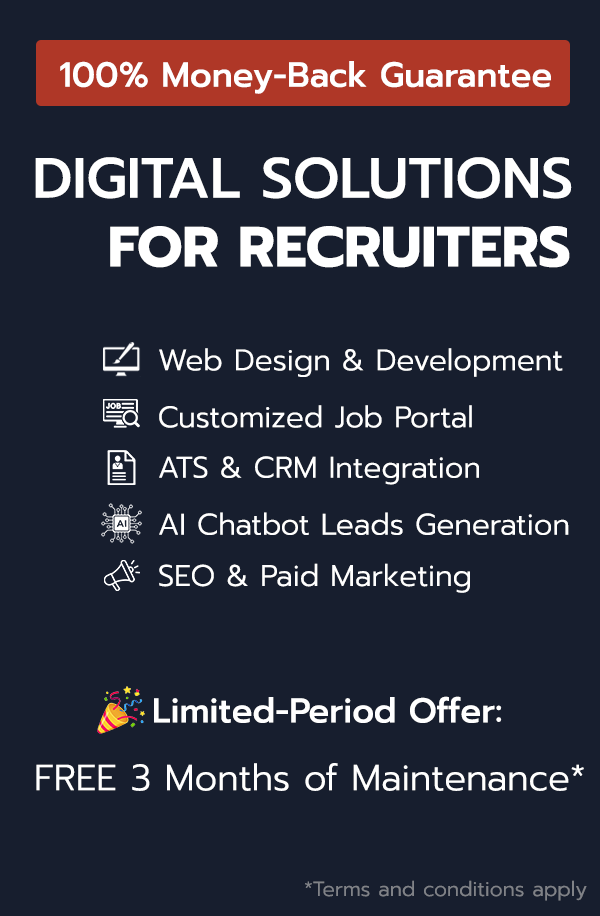
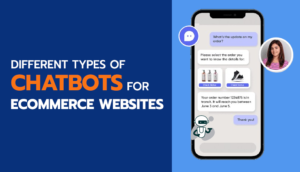
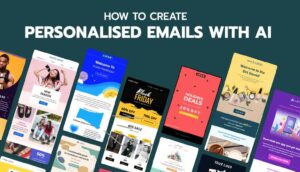
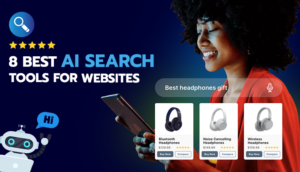

Share Your Thoughts: